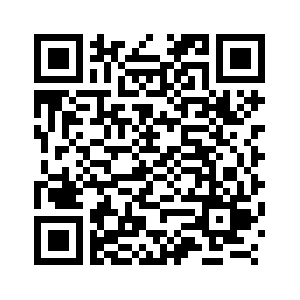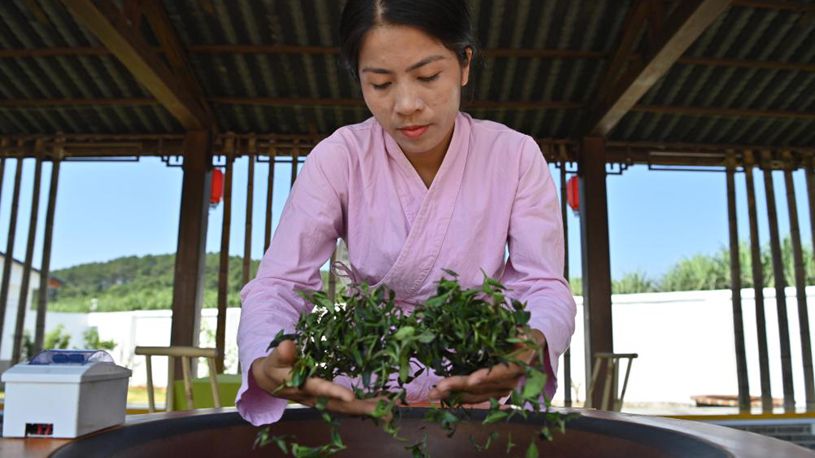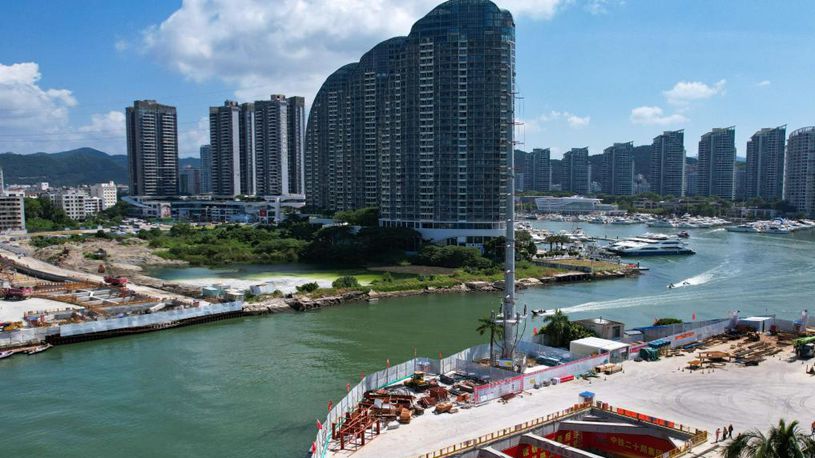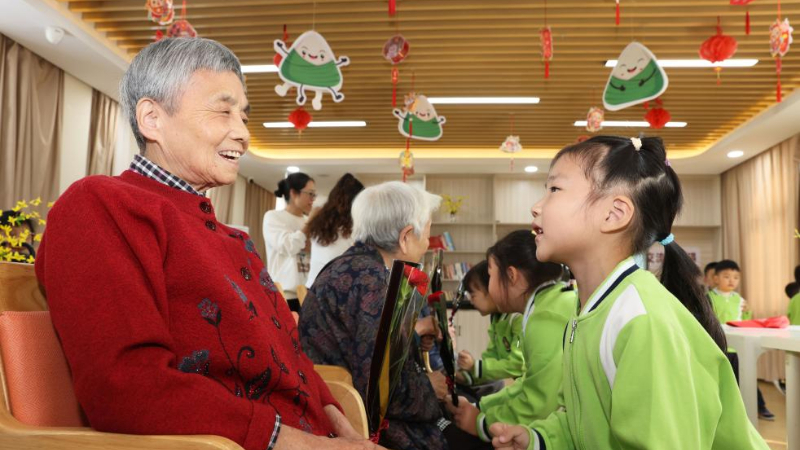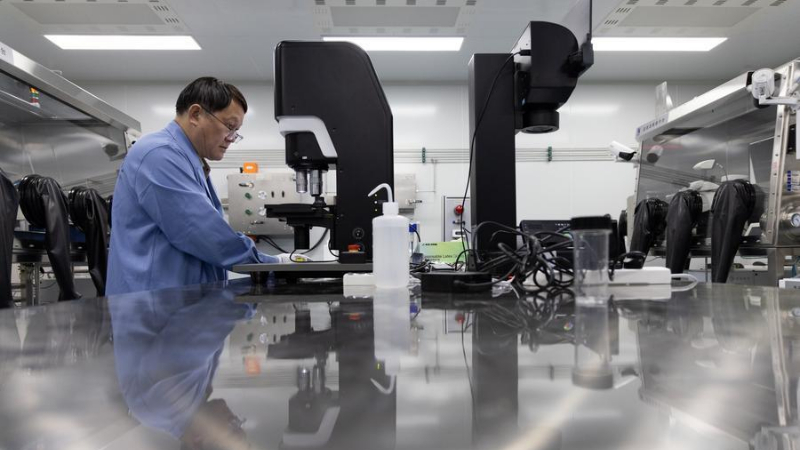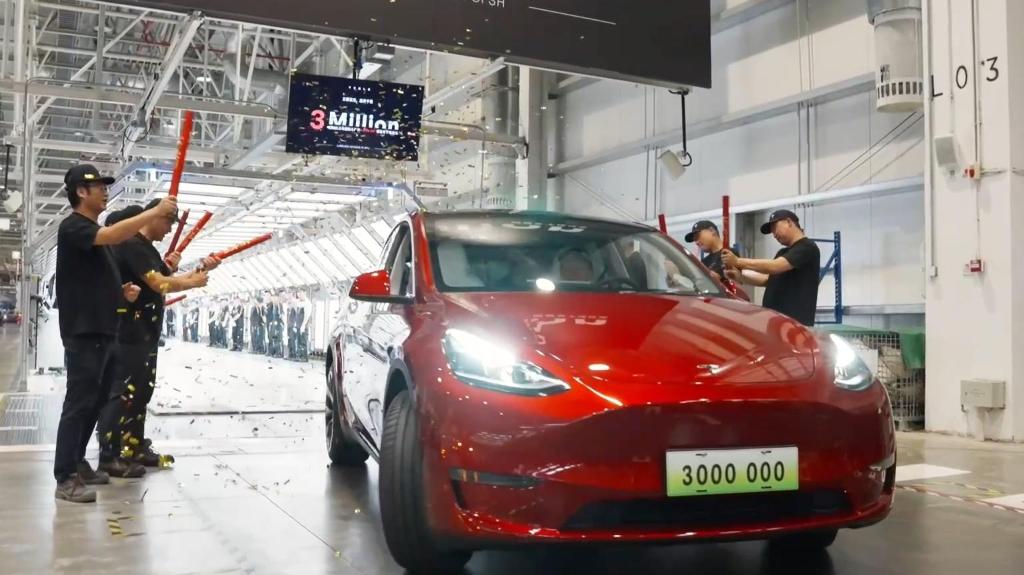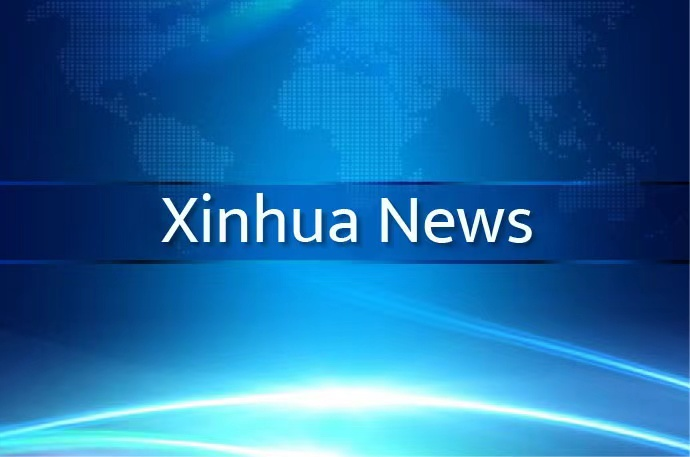
BEIJING, Oct. 13 (Xinhua) -- Mainland scholars have criticized Taiwan leader Lai Ching-te's speech on Oct. 10, saying that his remarks are deceitful, provocative and dangerous.
According to experts specializing in the Taiwan question who participated in a seminar held at Tsinghua University on Friday, Lai's latest speech had fully exposed his nature as a separatist seeking "Taiwan independence."
By trumpeting the new "two states" theory, Lai intended to package his "Taiwan independence" fallacy, incite hostility and confrontation across the Taiwan Strait, and attempt to solicit external support for his secessionist scheme, they said.
In his speech, Lai spoke about "healthy and orderly dialogue and exchanges" and "peace and mutual prosperity," but he based these claims on the premise of "Taiwan independence," said Wu Yongping, head of the Institute of Taiwan Studies under Tsinghua University.
In this sense, Lai's remarks were by no means friendly, but fraudulent and ultimately aimed at "Taiwan independence," Wu said.
Peng Weixue, deputy director of the Institute of Taiwan Studies under the Chinese Academy of Social Sciences, argued that Lai's new "two states" theory is even more radical than the separatist remarks by his "Taiwan independence" predecessors, adding that Lai had been fabricating legal and historical evidence for the theory.
Experts also warned that Lai's separatist remarks revealed his risky intention to recklessly go further down the path of seeking "Taiwan independence."
In his speech, Lai said that the People's Republic of China has no right to represent Taiwan. Such unscrupulous remarks in fact echo the recent fallacy of the United Nations General Assembly (UNGA) Resolution 2758 "having nothing to do with Taiwan," which the United States and the West have hyped up, noted Xie Yu, a research fellow at the China Institutes of Contemporary International Relations.
By fabricating and touting the new "two states" theory, Lai intends to mislead people in Taiwan with distorted concepts and faulty logic, thus preparing for moving forward toward "Taiwan independence," said the experts. ■
